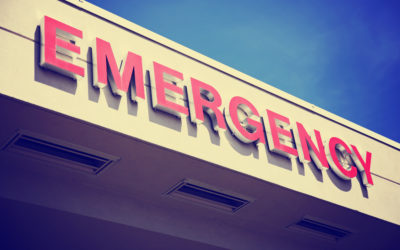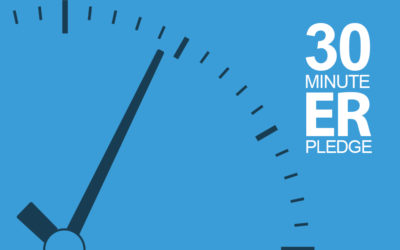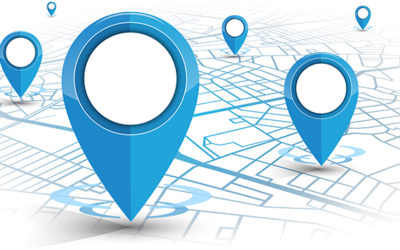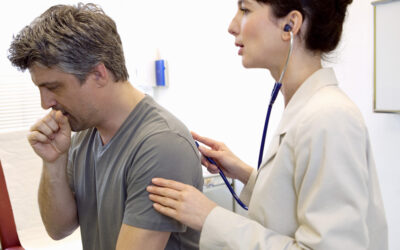Abdominal Pain in Adults
When to Monitor at Home—and When to Seek Medical Help
Abdominal (belly) pain is common and can have many causes. In most cases, it’s not serious and can be treated at home. However, some types of belly pain can be a sign of a more serious condition and require medical attention.
Your doctor will help determine the cause of your abdominal pain. Here are some options for non-severe abdominal issues and warning signs to be aware of as you monitor symptoms.
At-Home Care Instructions
Medications
Only take medications—both over-the-counter and prescription—exactly as directed by your doctor.
- Do not use laxatives or stool softeners unless directed by your physician.
General Self-Care
- Monitor your symptoms closely.
- Drink plenty of fluids—aim for light yellow urine as a sign you’re well-hydrated.
- Get rest and try to avoid foods that exacerbate your pain.
- Let your doctor know if your pain gets worse or changes in any way.
When to Call Your Doctor
Contact your doctor if you experience any of the following:
- Belly pain that worsens or shifts location
- Bloating or cramping
- Vomiting
- Pain after eating
- Trouble having a bowel movement for more than three days
- Unexplained weight loss
- Signs of dehydration:
o Dark-colored urine
o Very little or no urine
o Dry mouth or cracked lips
o Feeling weak, tired, or dizzy - Pain during urination or bowel movements
- Belly pain that wakes you up at night
- Blood in your urine
- A fever
When to Call 911
Seek emergency care right away if you have:
- Severe, persistent vomiting
- Belly pain in one area, such as the lower right side
- Blood in your stool or black, tar-like bowel movements
- Difficulty breathing
- Chest pain
Don’t wait. Call 911 immediately if you or someone you’re with is experiencing these symptoms.
This information is not a substitute for medical care. Always follow your healthcare provider’s advice and reach out with any questions or concerns about your symptoms.
Related Services and Conditions
ER
In a medical emergency, every minute matters. That’s why we work diligently to have you initially seen by a medical…
ER 30 Minute Pledge
In a medical emergency, every minute matters. That’s why, at Evanston Regional Hospital, we work diligently…
ER Directions
Health care starts with you. If you’re experiencing symptoms, it’s up to you to pay attention and decide how to respond…
ER Team
Valley View Emergency Physicians is now providing care at Evanston Regional Hospital. Most of the physicians are…
ER Visit
A trip to the ER can often be stressful or scary- but it doesn’t have to be. A few minor preparations can help your visit go…
When to go to the ER
Minor illnesses can often wait, but some symptoms always demand immediate medical attention. These can include…
Chronic Obstructive Pulmonary Disease (COPD)
Chronic Obstructive Pulmonary Disease (COPD) Chronic obstructive pulmonary disease (COPD) is a...
Asthma
Asthma: Know the Signs, Manage the Triggers, Get Help Fast Asthma is a chronic condition that...
Chest Pain
Chest Pain: When to Seek Emergency Care Chest pain can have many causes. Some are life-threatening...
Fever, Adult
Fever-Adult A fever is a body temperature of 100.4°F or higher. Mild or short-term fevers...










